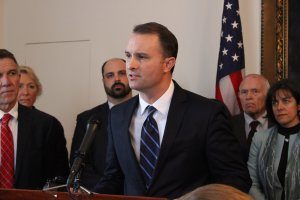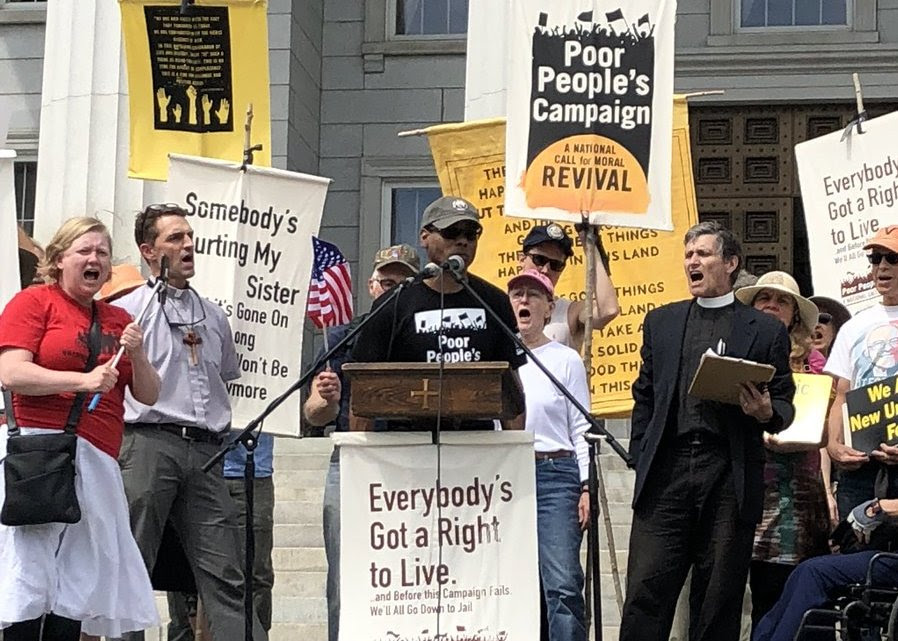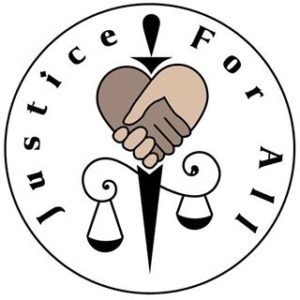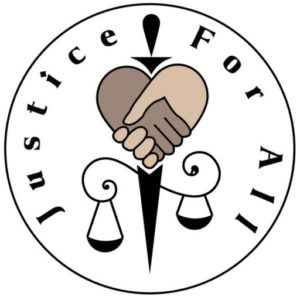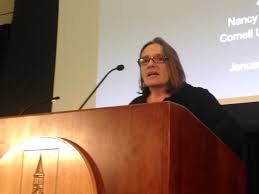Download the Report here:
[easy_media_download url=https://justiceforallvt.org/wp-content/uploads/2018/03/Racial-Disparities-in-the-Criminal-and-Juvenile-Justice-System-Advisory-Panel-Report-Act-54-ver-Final.pdf target=”_blank” color=”blue_four”]
A report was released by the former Chair and Vice Chair of the Racial Disparities in the Criminal and Juvenile Justice System Advisory Panel on March 2nd, 2018. Below is an email that was sent in response to mischaracterizations and attacks on the character of the Chair and Vice-Chair (some by Panel members who have never attended a meeting in the year the the panel has existed), which led to the resignation of the Chair and Vice-chair.
Email, dated 27 March, 2018
Panel Members, Racial Justice Advocates, Community Members, Constitutionally Sworn members of Public Safety, Law Enforcement, Public Servants & Elected Officials,
The purpose of this communication is to offer a few points of clarification and an opportunity for all of us to witness systemic racism in action. A “teachable moment”, if you will. The Racial Disparities in the Criminal and Juvenile Justice System Advisory Panel has held six meetings in as many months. Rules of engagement were disseminated in the Panel, which adopted generally agreed upon “Guiding Principles”. Additionally, the Chair and Vice Chair consulted individually with;USAVT Office of Civil Rights Attorney, Jules Torte, ACLU Jay Diaz, Chloe White
Diane Derby, Senator Leahys Office, Karen Richards HRC, Robert Appel former HRC Director, Racial Justice Reform Coalition 30+agency members VCIL, and Individual Panel members; including Lisa Menard DOC, Ken Schatz Karen Vastine Commissioner and Executive Assistant of DCF, VTCJR Anna Stevens, CJNVT Director Julie Payne.
The Panel, through the leadership of Christine Kemp Longmore and Mark A. Hughes, then developed subcommittees on the Public Complaint Process, Racial Profiling and Data Collection as directed by the part of the charge that had a January 15, 2018 deadline attached. It is significant to note that both the reports submitted by Panel member Rick Gauthier Executive Director, VCJTC and Karen Richards HRC/David Scherr, AAG in connection to the charge of this panel were not voted on or put before a body of people to collectively author.
Our next steps in the process included, each of the Committees holding a series of meetings and reporting back to the Chair. The Panel then reviewed and discussed the draft report, in preparation for its final release. As we neared time to submit the final report, it became increasingly clear that the panel members who head criminal justice system agencies had “concerns” about the report. Even after we provided additional time and incorporated expressed concerns into the report, we were met with a chorus of agency head cries surrounding process. After conferring with Assistant Attorney General (AAG), David Scherr on these concerns (and with no objection from the AAG), the Vice Chair and I submitted the report as the Report of the Chair and Vice Chair of the Advisory Panel.
In desperation (and consistent with the system we are trying to address) various agency heads have unfairly characterized our actions suggesting that we submitted this report “ostensibly on behalf of the Racial Disparities in the Criminal and Juvenile Justice System Advisory Panel ” and suggesting that we are “Intent upon advancing their own personal agendas, rather than following the law”. Aside from the fact that it is a false statement, we will not dignify this age-old tactic of attacking the character of good people when the people who represent this system of oppression feel threatened. The report was submitted by the Chair and Vice Chair to ensure that it does not meet the agendas of the agency heads of the system, once again.
This report provides the essence of what we have gleaned from the Panel combined with extensive research and the feedback through countless hours of community engagement. Again to be clear, we did not submit this report to represent the full consensus of the Panel. Most Agency heads have contributed little to nothing in the countless hours we have invested in research, outreach and developing this report that is attached for your review. In fact, Many have never attended a meeting. I have worked as a Police commissioner for one of the largest police departments in Vermont over the past 2 1/2 years and as an activist for over 30 years. I have seen ALL of this before as reports, advisory panels and the like come and go. This report however provides the most thorough and comprehensive framework of recommendations in Vermont State history. Agency heads have yet to articulate any specific point in this report to which they are opposed (only process, as usual). In our meeting last evening, we discovered that some agency heads have yet to read the report!
Throughout this difficult process we have been demonized and vilified with character assassination attempts and gossip. The Chair and Vice Chair resigned from the Racial Disparities in the Criminal and Juvenile Justice System Advisory Panel at our meeting the evening of March 26, 2018. We leave feeling that the Panel and the Attorney General are indebted to us for our service and should have the common decency to offer an apology for our treatment. This system is rooted in racism and has fail-safes for self-preservation. This panel was never designed to succeed. Consistent with all accounts of history, when white people with political and economic power feel threatened, they respond in all manners unmeasured. In this case the response was with attempts to censor a report and libel its authors.
The process that we used to produce this report was sound, transparent and made in good faith. We have taken extreme care in ensuring that the essence of our discussions and all concerns were taken into consideration in the preparation of this report. We stand behind every word of it and sincerely believe that it establishes a path that will redefine the criminal and juvenile justice system in Vermont. The content of the report offers hope for us, our children and generations to come. It is our sincere hope that Vermont’s elected officials and appointed officials finds the collective will to do better.
Former Chair, Christine Kemp Longmore
Former Vice Chair, Mark A. Hughes
3 V.S.A. § 168 established the Racial Disparities in the Criminal and Juvenile Justice System Advisory Panel in the Office of the Attorney General. This report was provided to the ttorney General, the Human Rights Commission Executive Director, the House Speaker and the President Pro Tempe.
You can download the report, released 2 March, 2018 here.
[easy_media_download url=https://justiceforallvt.org/wp-content/uploads/2018/03/Racial-Disparities-in-the-Criminal-and-Juvenile-Justice-System-Advisory-Panel-Report-Act-54-ver-Final.pdf target=”_blank” color=”blue_four”]
